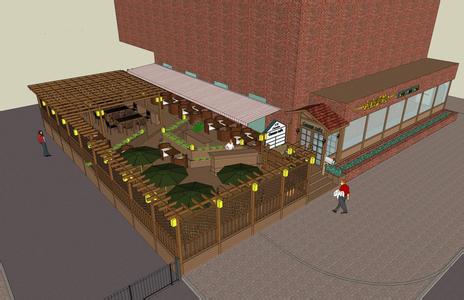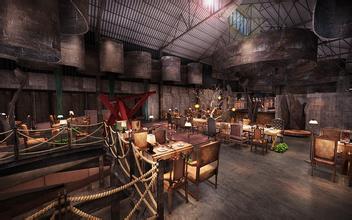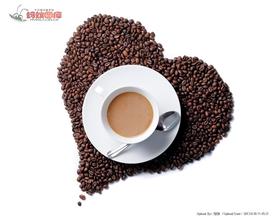Starbucks Antigua tasting, Guatemala, photo
Starbucks Antigua tasting, Guatemala, photo
The aroma of coffee liberates all forms, hearts and national boundaries. Through coffee, the mood leaves the country at any time and lands in a strange country half a world away. Even at the end of the world, you can share a mood. Antigua was the capital of the Spanish colonial period in 1543. Although this emerald-like valley has been surrounded by active volcanoes in all directions, layered, deliberately waiting for development and full of danger since ancient times, its vastness, vastness and fertility still tempted the Spaniards to build their capital in the precarious cliff valley at that time.
Antigua produces the best coffee in Guatemala, which still follows the traditional way of life and sits between three volcanoes. Coffee farmers from Antigua have a rich knowledge of gardening and are keen to produce great coffee. Antigua has always produced some of the best coffee in Central America.
Although Antigua coffee in Guatemala comes mainly from Antigua, we also purchase coffee from seven important coffee growing areas in Guatemala, such as Huehuetanango, San Marcos and Atitlan, etc.
We buy more coffee from Guatemala than any other coffee producing country.
Antigua coffee is popular with most coffee lovers only because of its distinctive aroma. Because it is planted in the hills of volcanoes, it can retain its own characteristics more than Costa Rica, the main reason is that it has more geographical and climatic advantages than Costa Rica. Guatemala is located in the tropics, but due to the relatively high altitude, the climate is mild, it is a subtropical climate.
Under the influence of this climate, coffee trees blossom and bear fruit more slowly than coffee trees in other parts of the world.
However, the mild climate and fertile soil make it an excellent environment for growing coffee.

Important Notice :
前街咖啡 FrontStreet Coffee has moved to new addredd:
FrontStreet Coffee Address: 315,Donghua East Road,GuangZhou
Tel:020 38364473
- Prev

Flavor description characteristics of Panamanian long-tailed cuckoo coffee beans
Flavor description characteristics of Panamanian long-tailed cuckoo coffee beans taste treatment method introduces three ways of plantation: sunshine plantation, full shade plantation and semi-shade plantation. Plantations with more than 50 plants per hectare are fully shaded plantations, 25-50 plants are semi-shaded plantations, and less than 25 plants are called sunshine plantations. The plantation shade and shade of the two neighbors with the same planting conditions.
- Next

Tanzania coffee bean flavor description taste treatment grinding scale production area
Tanzania coffee bean flavor description grinding scale production area Kilimanjaro AA is the highest grade of beans, all aspects of quality are high. Medium or more moderate after baking has a strong aroma. Suitable for making individual or iced coffee Tanzania currently produces 50,000 tons of coffee a year, making it the fourth largest coffee producer in Africa. Due to the sharp rise in international coffee prices last year
Related
- Detailed explanation of Jadeite planting Land in Panamanian Jadeite Manor introduction to the grading system of Jadeite competitive bidding, Red bid, Green bid and Rose Summer
- Story of Coffee planting in Brenka region of Costa Rica Stonehenge Manor anaerobic heavy honey treatment of flavor mouth
- What's on the barrel of Blue Mountain Coffee beans?
- Can American coffee also pull flowers? How to use hot American style to pull out a good-looking pattern?
- Can you make a cold extract with coffee beans? What is the right proportion for cold-extracted coffee formula?
- Indonesian PWN Gold Mandrine Coffee Origin Features Flavor How to Chong? Mandolin coffee is American.
- A brief introduction to the flavor characteristics of Brazilian yellow bourbon coffee beans
- What is the effect of different water quality on the flavor of cold-extracted coffee? What kind of water is best for brewing coffee?
- Why do you think of Rose Summer whenever you mention Panamanian coffee?
- Introduction to the characteristics of authentic blue mountain coffee bean producing areas? What is the CIB Coffee Authority in Jamaica?

